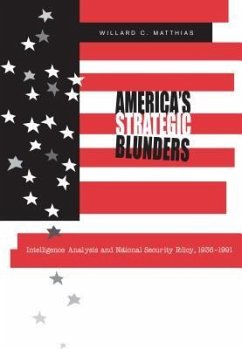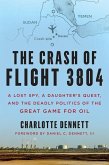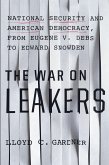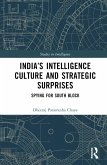This survey of more than fifty years of national security policy juxtaposes declassified U.S. national intelligence estimates with recently released Soviet documents disclosing the views of Soviet leaders and their Communist allies on the same events. Matthias shows that U.S. intelligence estimates were usually correct but that our political and military leaders generally ignored them -- with sometimes disastrous results. The book begins with a look back at the role of U.S. intelligence during World War II, from Pearl Harbor through the plot against Hitler, from the D-Day invasion to the "unconditional surrender" of Japan, and reveals how better use of the intelligence available could have saved many lives and shortened the war. The following chapters dealing with the Cold War disclose what information and advice U.S. intelligence analysts passed on to policymakers, and also what sometimes bitter policy debates occurred within the Communist camp, concerning Vietnam, the Bay of Pigs, the Cuban missile crisis, the turmoil in Eastern Europe, the Six-Day and Yom Kippur wars in the Middle East, and the Soviet intervention in Afghanistan. In many ways, this is a story of missed opportunities that the U.S. government had to conduct a more responsible foreign policy which could have avoided large losses of life and massive expenditures on arms buildups. While not exonerating the CIA for its own mistakes, Matthias casts new light on the contributions that objective intelligence analysis did make during the Cold War and speculates on what might have happened if that analysis and advice had been heeded.








